Former President Donald Trump met with NATO Secretary General Mark Rutte on Tuesday, a conversation that unfolded as reports indicated preliminary talks between Trump and Russian President Vladimir Putin had been put on hold. The unusual juxtaposition—an engagement with the head of the transatlantic alliance alongside a paused outreach to the Kremlin—underscored how U.S. domestic politics and European security interests remain tightly intertwined.
Rutte, a former Dutch prime minister who now leads NATO, has pressed allies to sustain military and economic support for Ukraine while meeting or exceeding the alliance’s defense spending benchmark. For European governments wary of political volatility in Washington, the meeting offered a chance to reinforce core NATO priorities directly with the Republican Party’s dominant figure.
Trump’s posture toward the alliance has long mixed praise for stronger defense outlays with sharp criticism of members that fall short of spending targets. He has also signaled interest in dialogue with Moscow, a stance that typically sparks concern among Eastern and Northern European allies while drawing attention to the terms under which any engagement with Russia might occur amid the ongoing war in Ukraine.
Neither side offered extensive readouts of the meeting, but the optics alone carried weight: the NATO secretary general sitting down with a former U.S. president and current political power center, while a prospective line to the Kremlin remains paused. That combination reflects the practical reality for European capitals that must hedge against uncertainty, seek clarity on U.S. security commitments, and prepare for potential shifts in Washington’s approach to Russia, Ukraine, and the broader alliance.
Rutte has emphasized unity and predictability as NATO navigates a protracted conflict on its eastern flank, industrial ramp-ups for defense production, and internal debates over burden-sharing. Trump, for his part, has highlighted the leverage that increased allied spending affords the United States and has cast his foreign-policy instincts as deal-driven. Whether the paused outreach to Putin remains on ice, or eventually resumes, will be watched closely by NATO members weighing both diplomatic signals and battlefield realities in Ukraine.



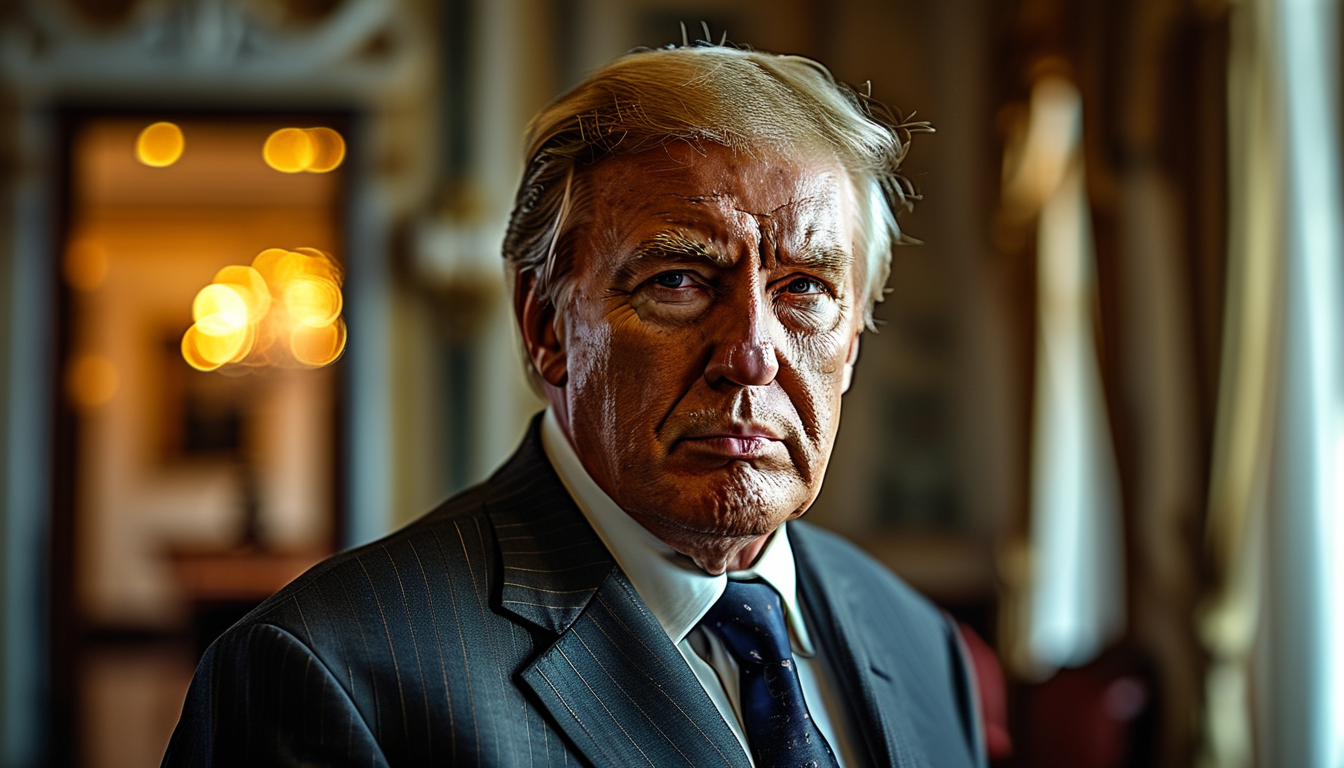
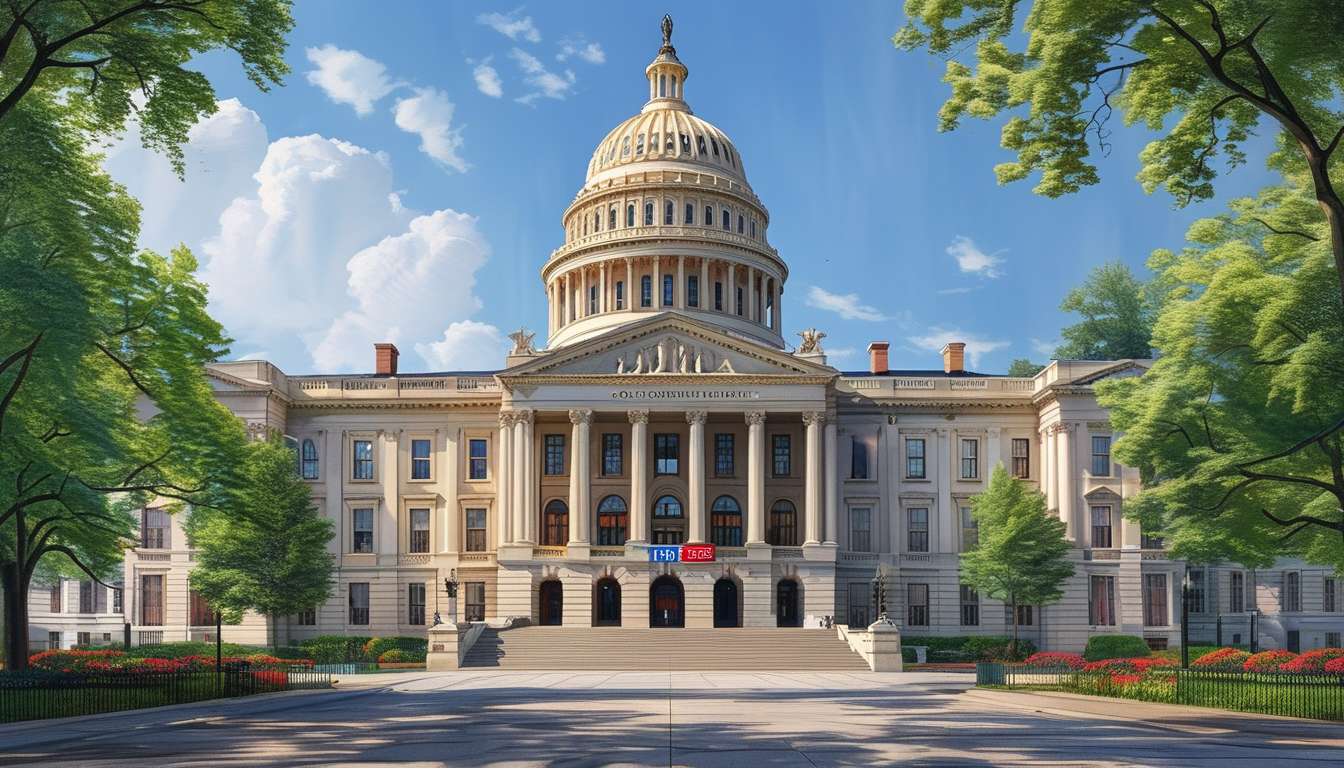

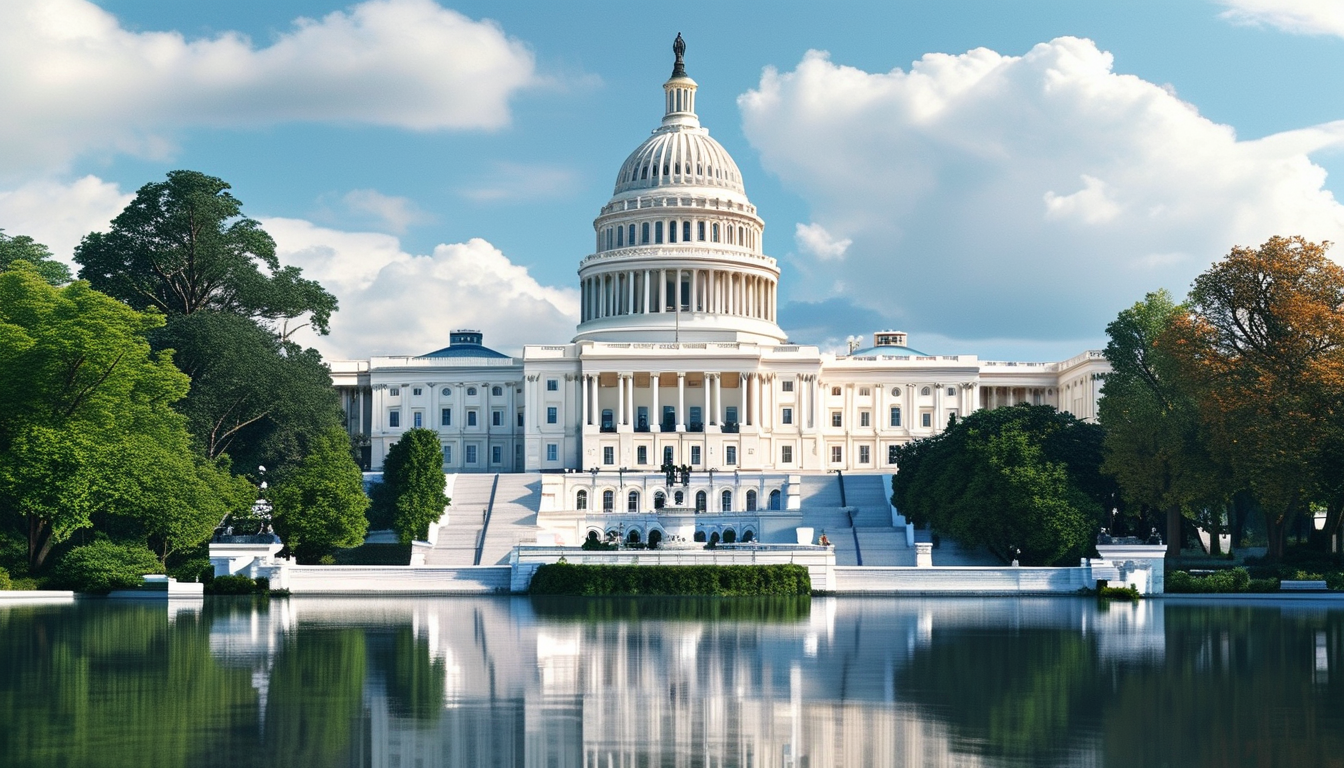
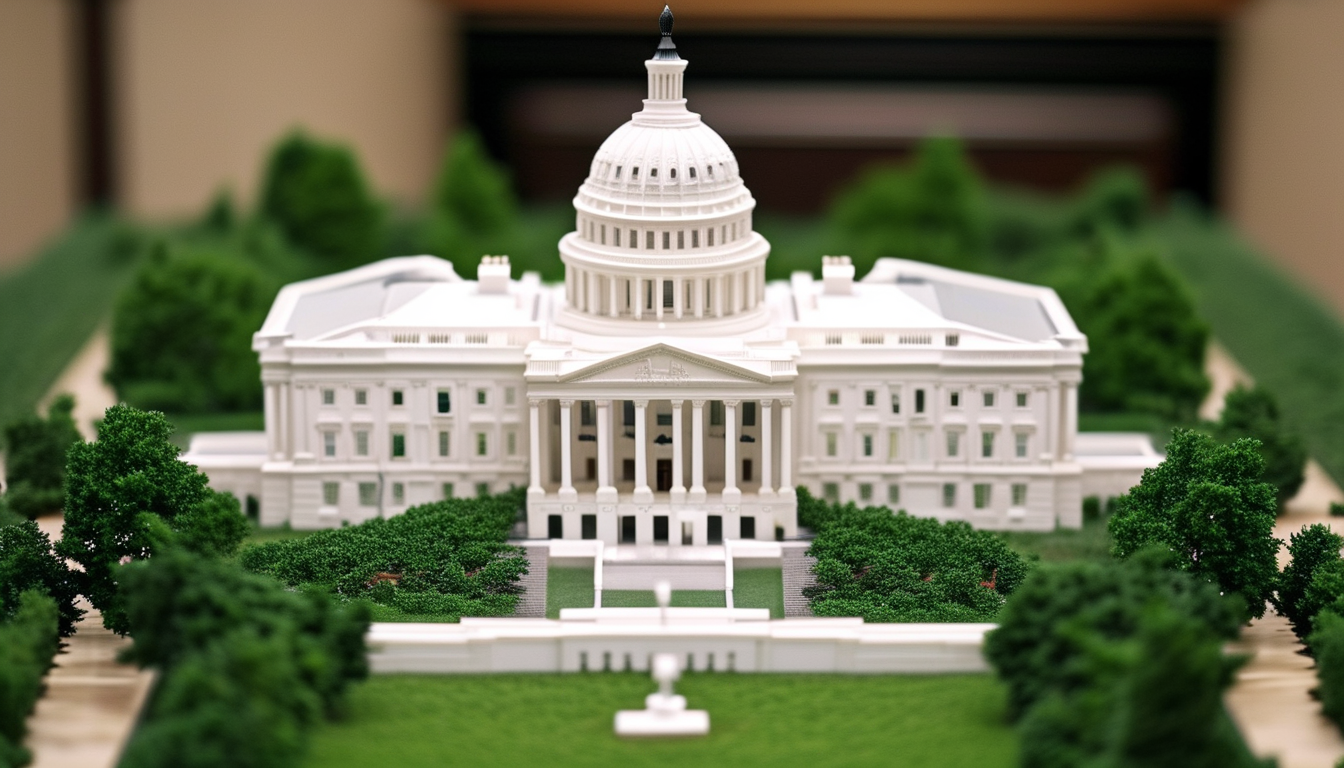


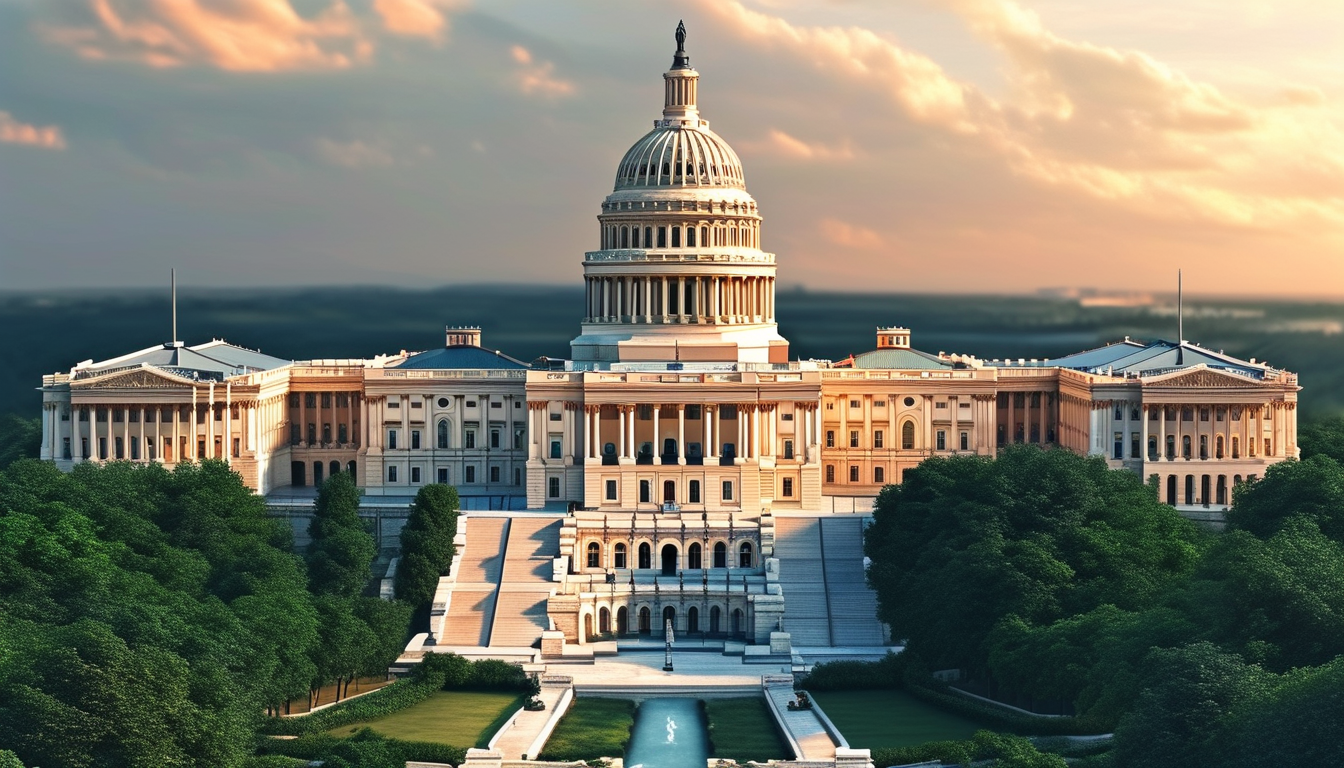
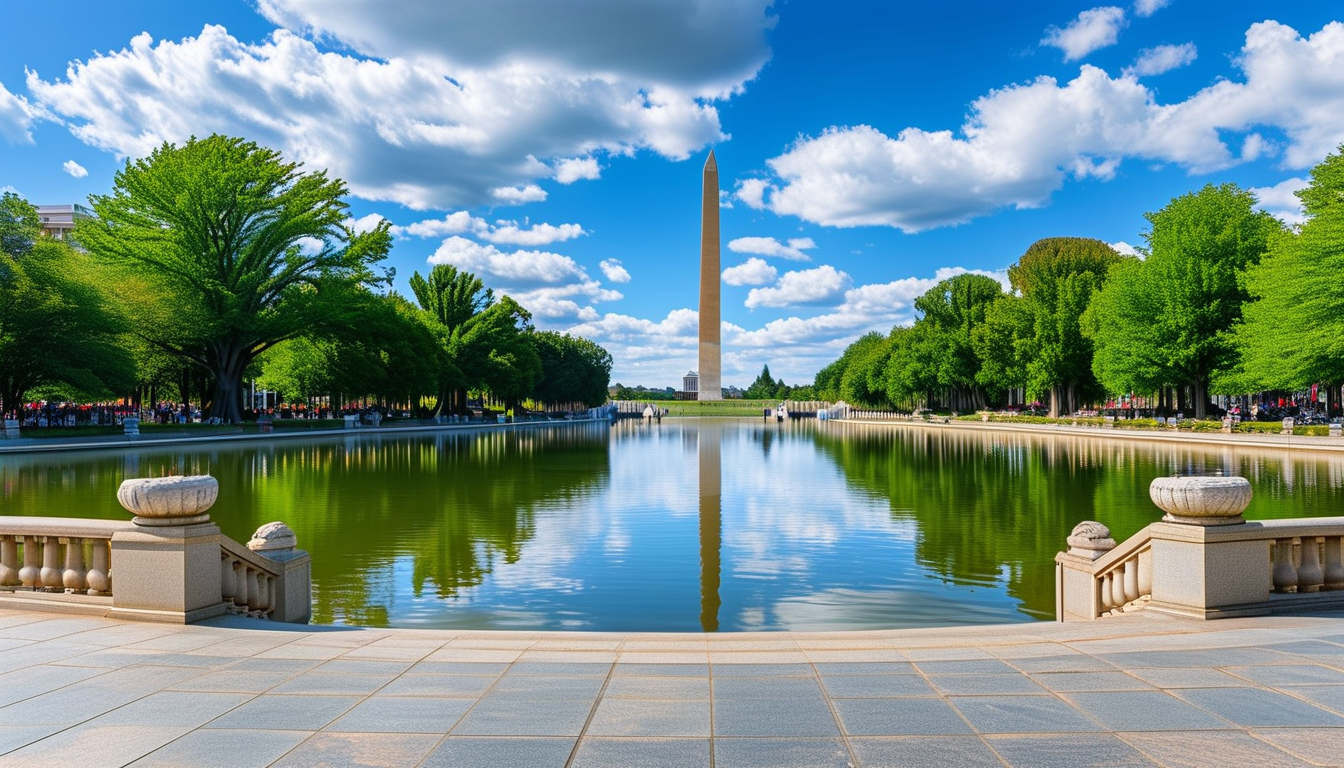
Leave a Reply